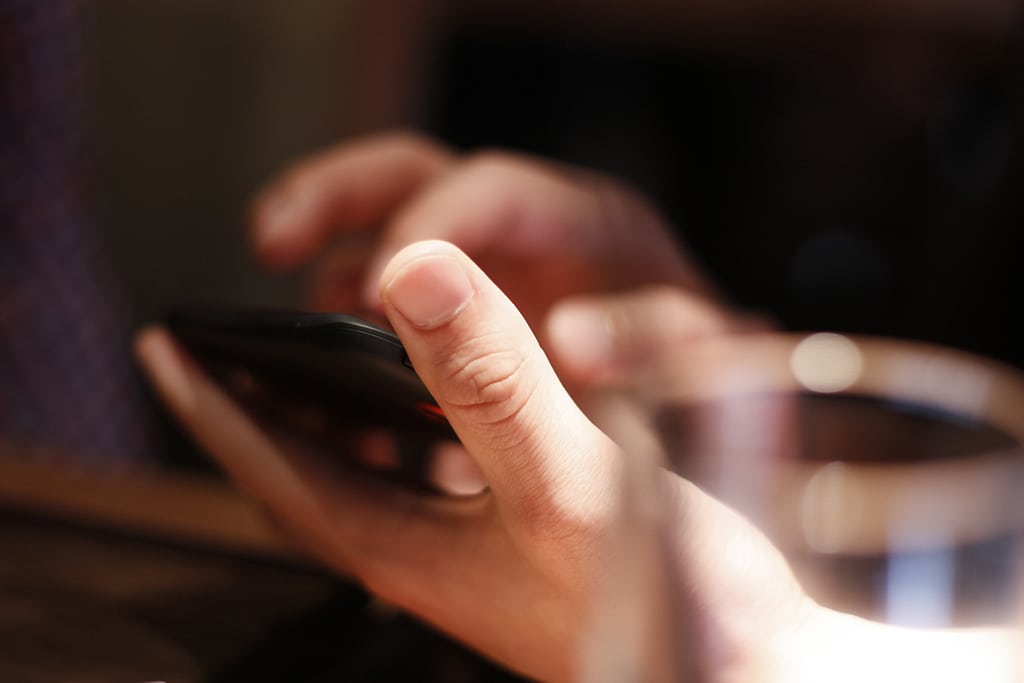How Travel Brands Try to Speak to the Silent Traveler

Skift Take
Last week we launched our latest report in our Skift Trends series, Mobile First and the Silent Traveler in 2015.
Below is an extract. Get the full report here to get ahead of this trend.
The silent traveler demographic represents certain challenges in terms of outreach and conversion-fostering opportunities for travel brads.
If we can say with some degree of certainty that examples of the silent traveler often skew younger — meaning, Millennials and trailing-edge Gen X — and that they represent a mix of business and leisure travelers, and that they are technologically savvy … what are some particular problems, frictions, pain points, and questions that brands could help solve for these consumers during their journeys?
To start with, travel brands can address what statistics tell us about the silent traveler’s key demographics and their relationship with media and messages.
“One of the reasons I think this behavior is growing, and I do believe it’s growing, is that on average we receive more than 2,900 marketing messages every day,” said Darlene Rondeau, vice president of Best Practices and Online Merchandising at Leonardo.
“There are a lot of brands throwing stuff at us every day, everywhere we turn,” she said. “People are going ‘silent’ because they don’t want to be sold to anymore.”
What emerges from data such those in the above chart isn’t surprising in the age of content marketing: the demographic on which we’re focused responds more positively to material that is newsy or that comes from what they perceive to be friendly and non-marketing sources.
“When we started storytelling, several years ago,” Rondeau says, “we learned that it’s a much more effective way to get somebody’s attention and build relationships with them.”






